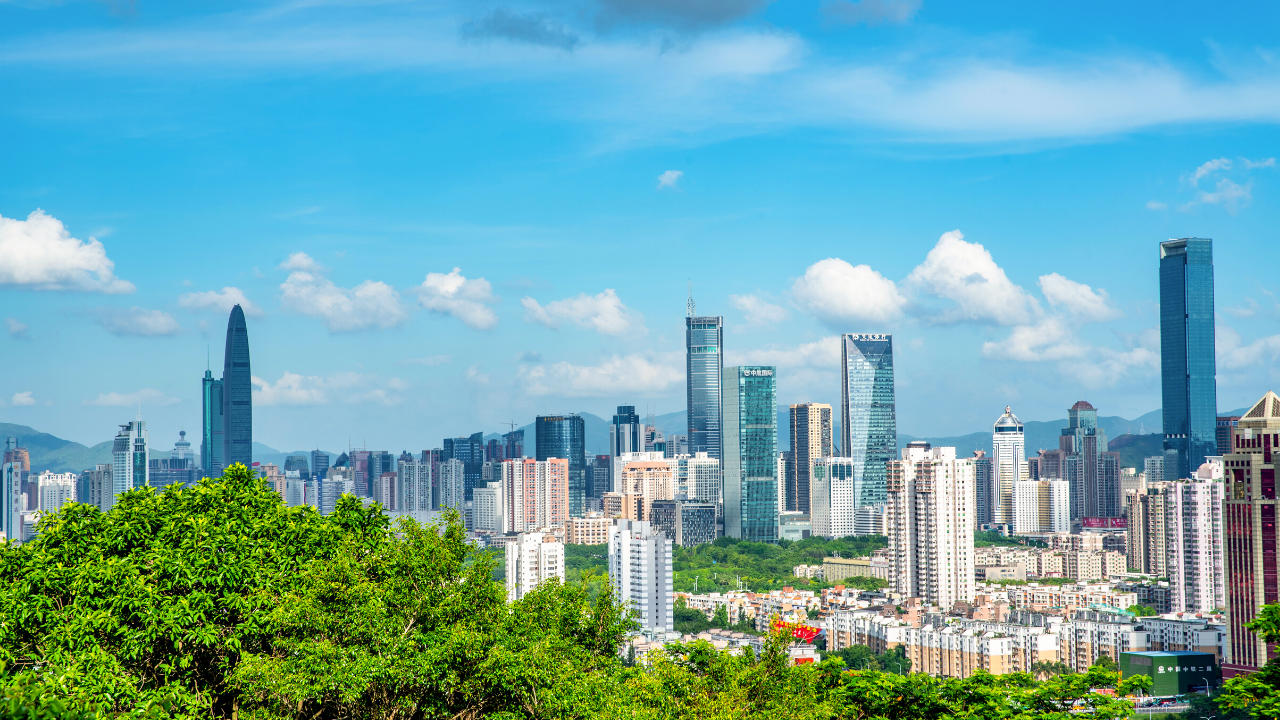Edward Shenderovich unintentionally found the impact flexible workspaces has on sustainability when he co-founded Knotel years ago. As the company has blossomed, he realized that these workspaces were indeed having a great impact on the environment.
This is particularly significant as companies large and small are trying to find more environmentally friendly ways of doing business. If they aren’t, they might want to reconsider.
Sustainability comes with numerous benefits beyond cost-effectiveness. You can boost your company’s reputation, as well as create economic advantages that sets your business apart from the competition.
Signing traditional, long-term leases normally leads many companies to get too much space, leaving them with unused space. This is draining resources as these areas still need to be maintained with lighting, heating, cooling and other energy-consuming features.
Moving can also produce steep environmental costs due to the massive cardboard usage. In fact, 100 billion cardboard boxes are used each year in the U.S., which is equivalent to about 1 billion trees being thrown out.
The solution to avoiding these environmental roadblocks is to move away from long-term leases and sign onto more flexible options that are easily adaptable based upon a company’s needs.
Flexible offices also reduce construction waste. The construction of a mid-size office building leads to about 100 tons of waste due to reworking. The flex space model focuses on efficient buildouts that are reusable and rely on architectural objects and avoid unnecessary, waste-producing reworks.
Overall, if sustainability is truly important to the commercial real estate industry, there should be an increase in flexible workspaces.














